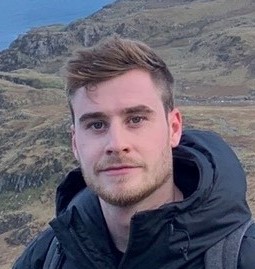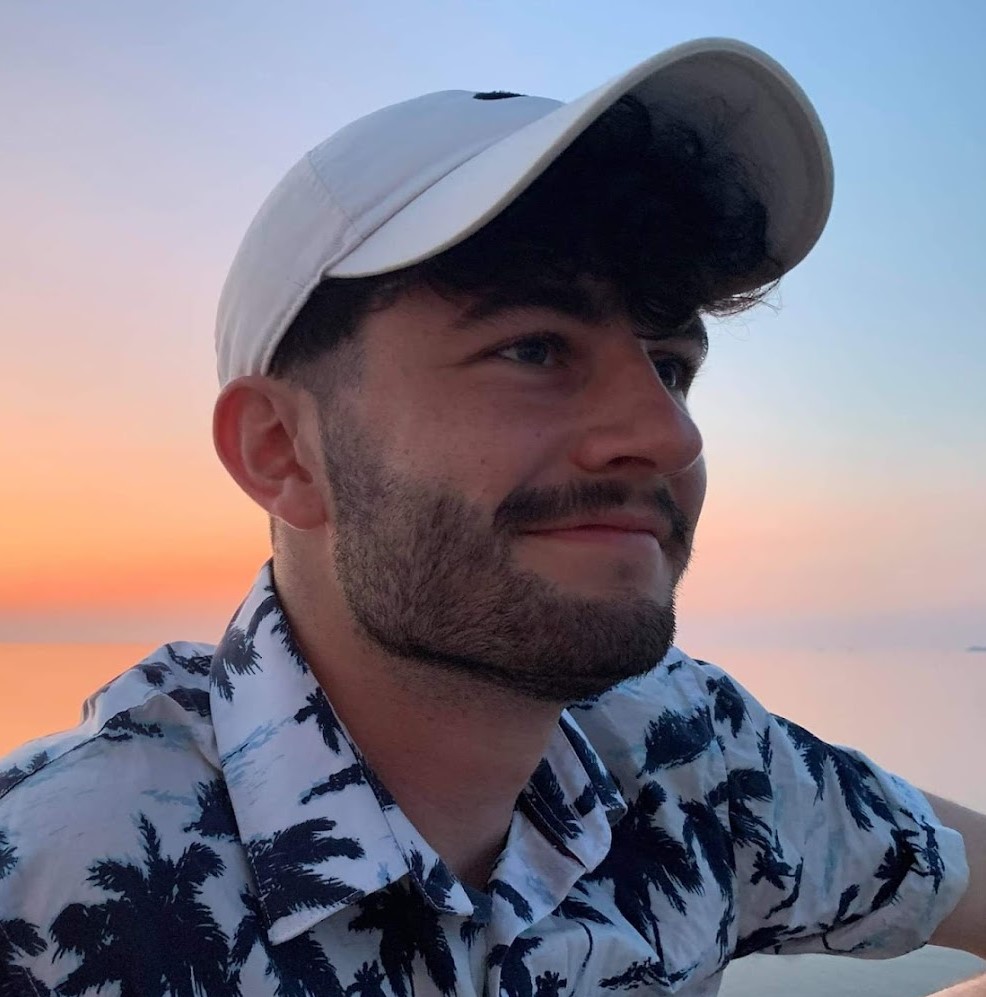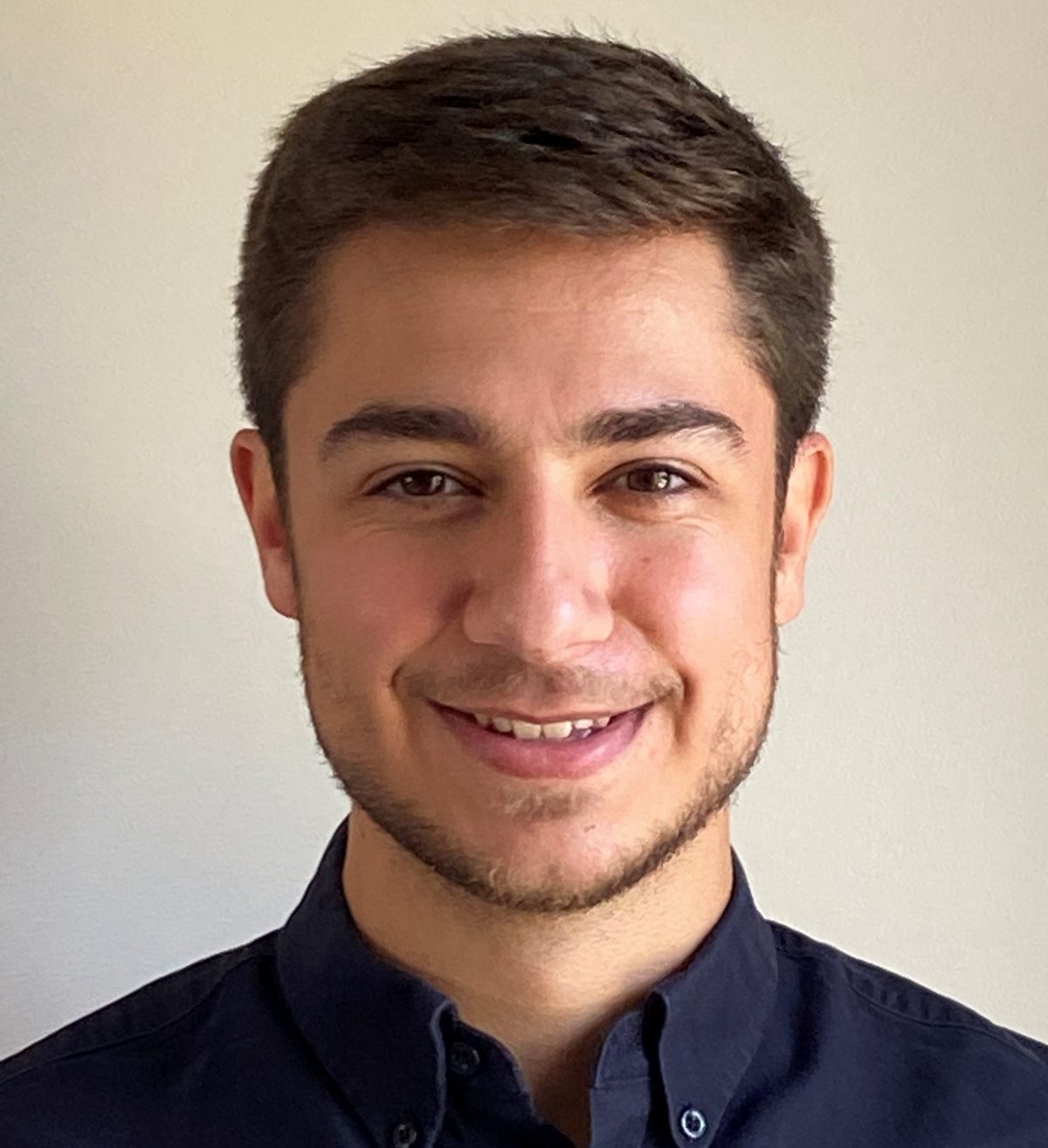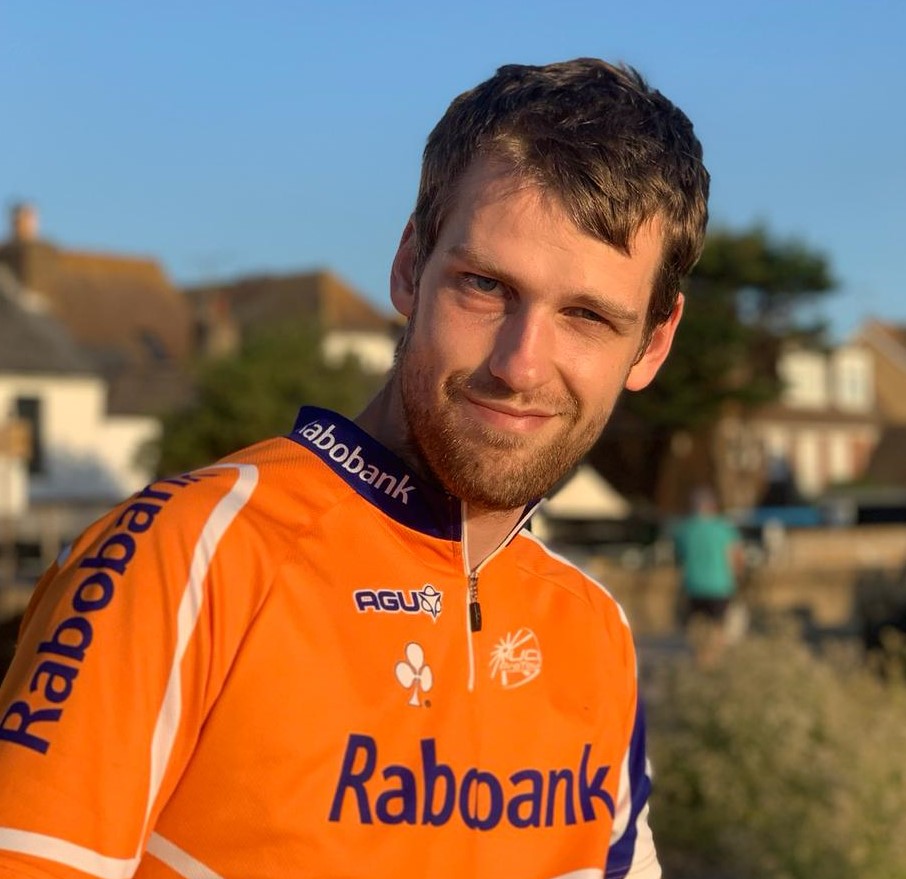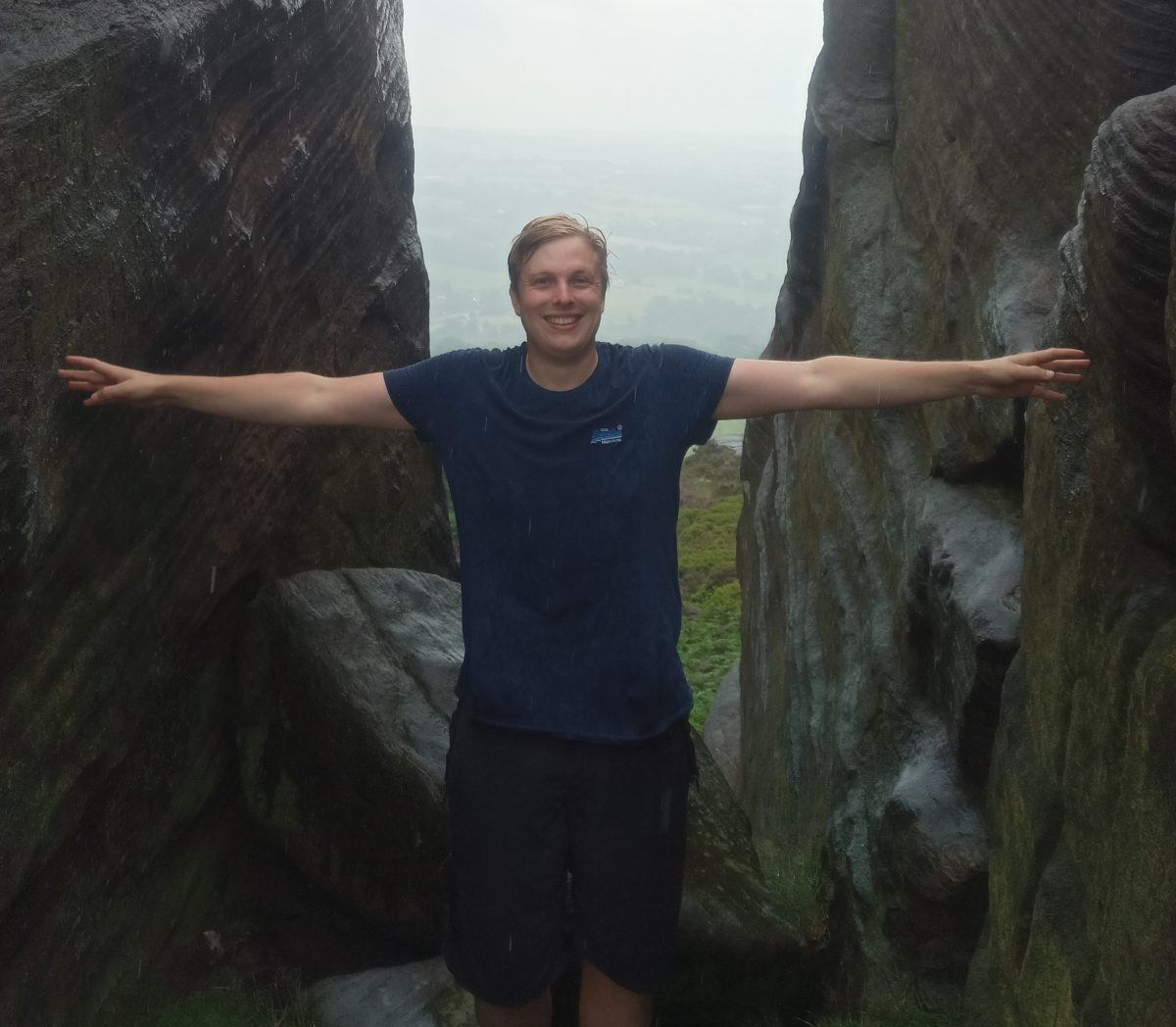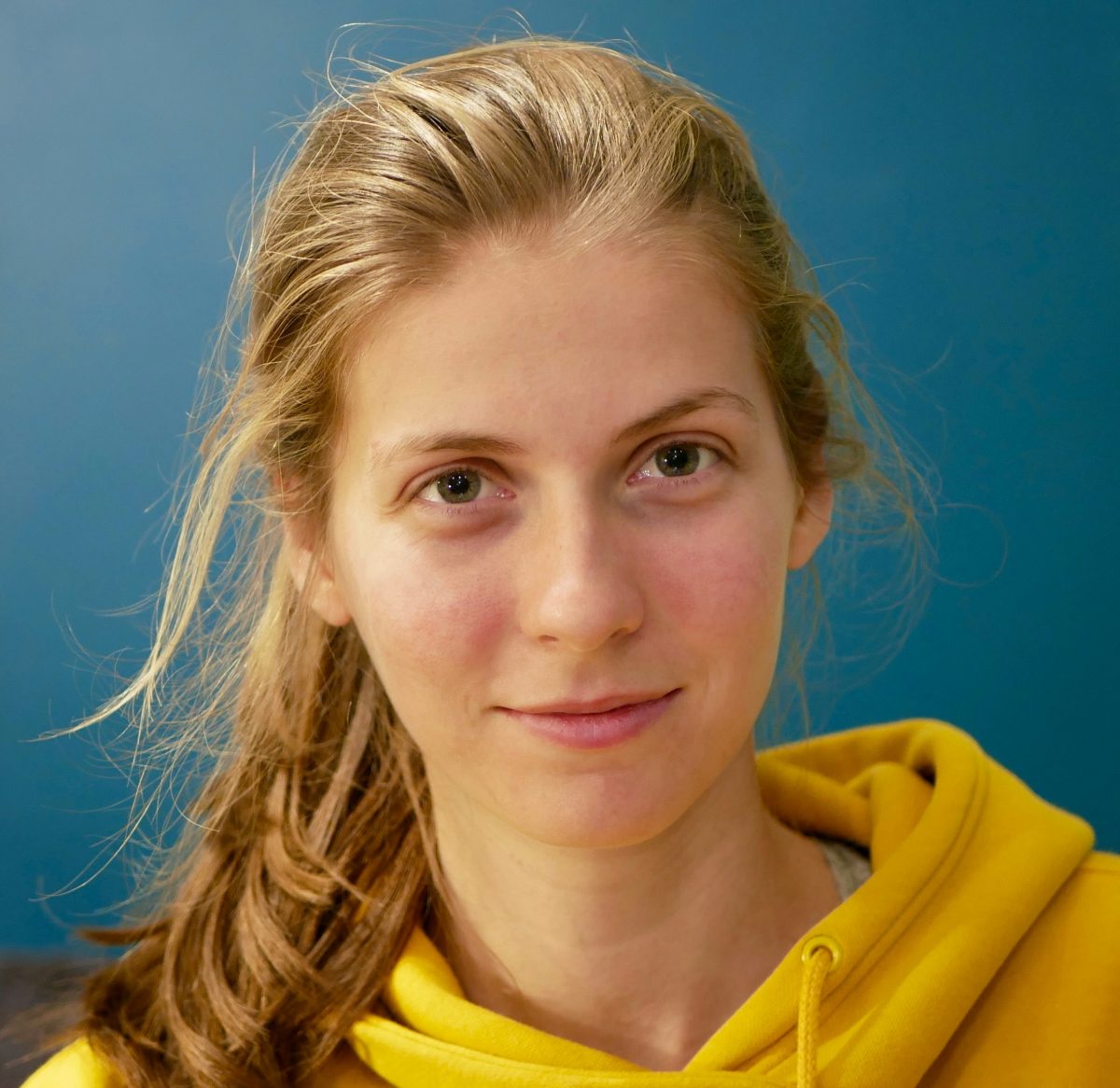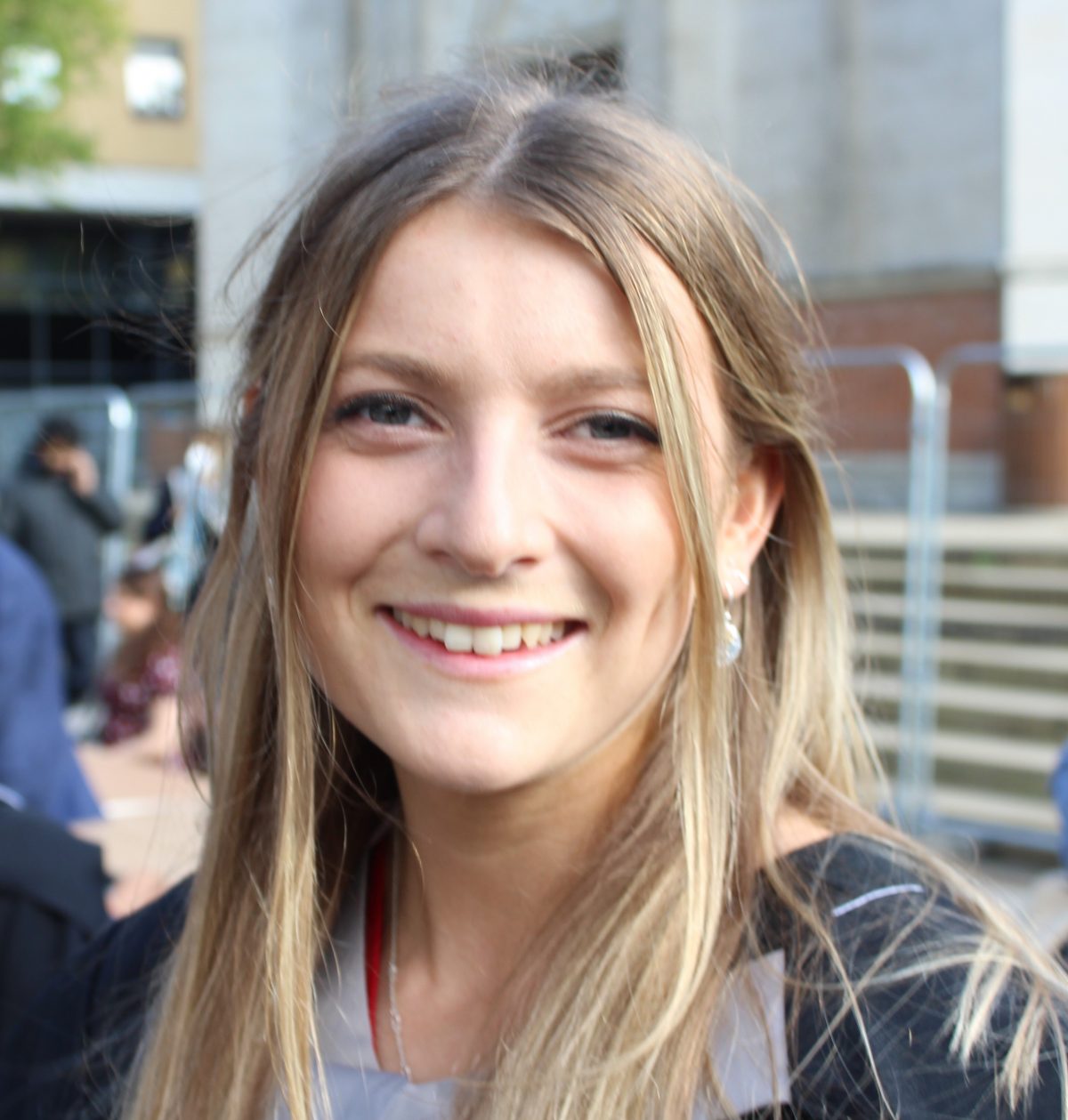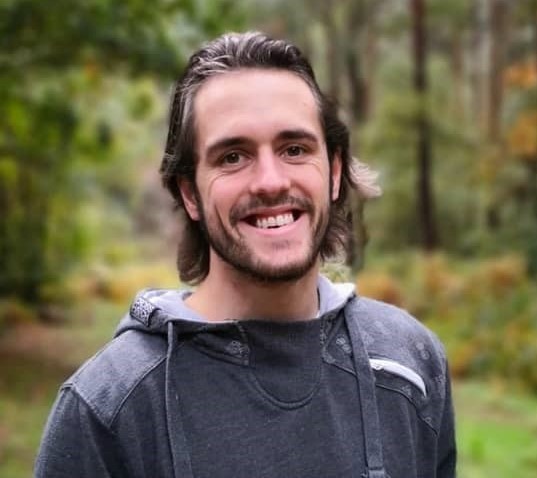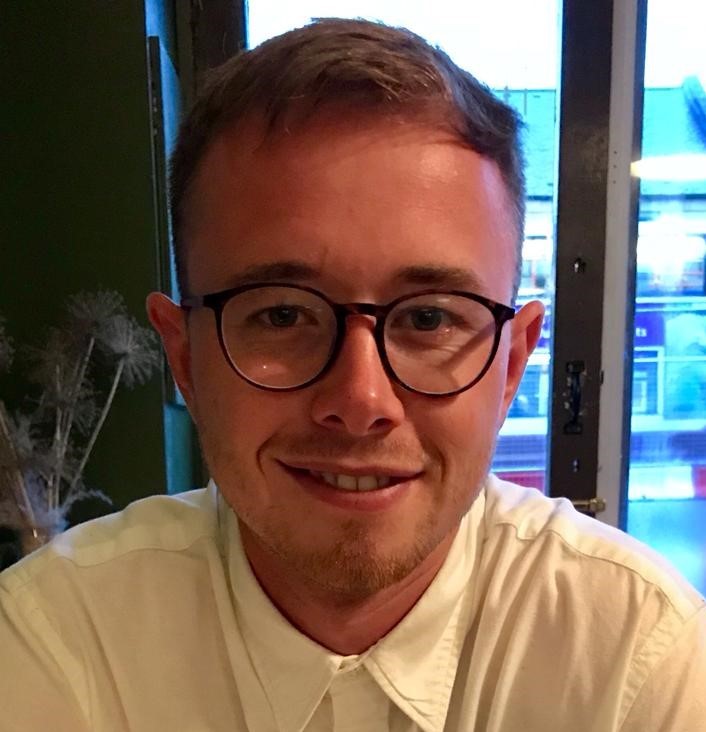I am currently in the second year of the CDT, having joined as part of Cohort 2, and have successfully completed the MSc in prosthetic and orthotic science and my first year PhD assessment. Previously, I studied at the University of Sheffield, completing an integrated MEng in Bioengineering with tissue regeneration and biomaterials. Outside of work I enjoy playing most sports, particularly football, and have developed an interest in cooking during lockdown.
Project Title:
The effects on gait of the mechanistic properties and alignment of AFOs, used in the rehabilitation
of children with cerebral palsy.
Supervisors:
Richard Jones, Julie Reay, Elaine Owen
Abstract:
Cerebral palsy is the leading cause of childhood disability with a prevalence of 2 to 3 per 1000 live births. It leads to primary neurological pathologies including loss of selective motor control, weakness, motor disorders and impaired balance. In turn these result in secondary musculoskeletal defects and tertiary abnormal gait patterns. Ankle foot orthoses (AFO) are the preferred treatment option when aiming to restore the characteristics of typical gait, however there are reoccurring issues with current research, including poor study design and a tendency to study the AFO as a whole device, ignoring the contribution of specific design characteristics. These factors can be divided into two domains. Mechanical properties, including material type and trimline design, dictate the rigidity of the device at the ankle and metatarsal-phalangeal joint, whilst factors associated with alignment, including the ankle angle and shank to vertical angle, manipulate the ground reaction force. Collective they modify the existing system of forces and moments acting on the lower limbs, producing more typical kinematics and kinetics. During prescription, if appropriate consideration for these characteristics is given, it is possible to tailor an AFO to the individual’s needs, through a process known as biomechanical optimisation. However, evidence supporting this process is limited and clinical uptake has been poor. Consequently, this thesis aims to investigate the biomechanical effects of AFO design characteristics on the gait of children with cerebral palsy. In turn, this should provide a body of quantitative evidence, that can be used to influence clinical practice surrounding biomechanical optimisation.

